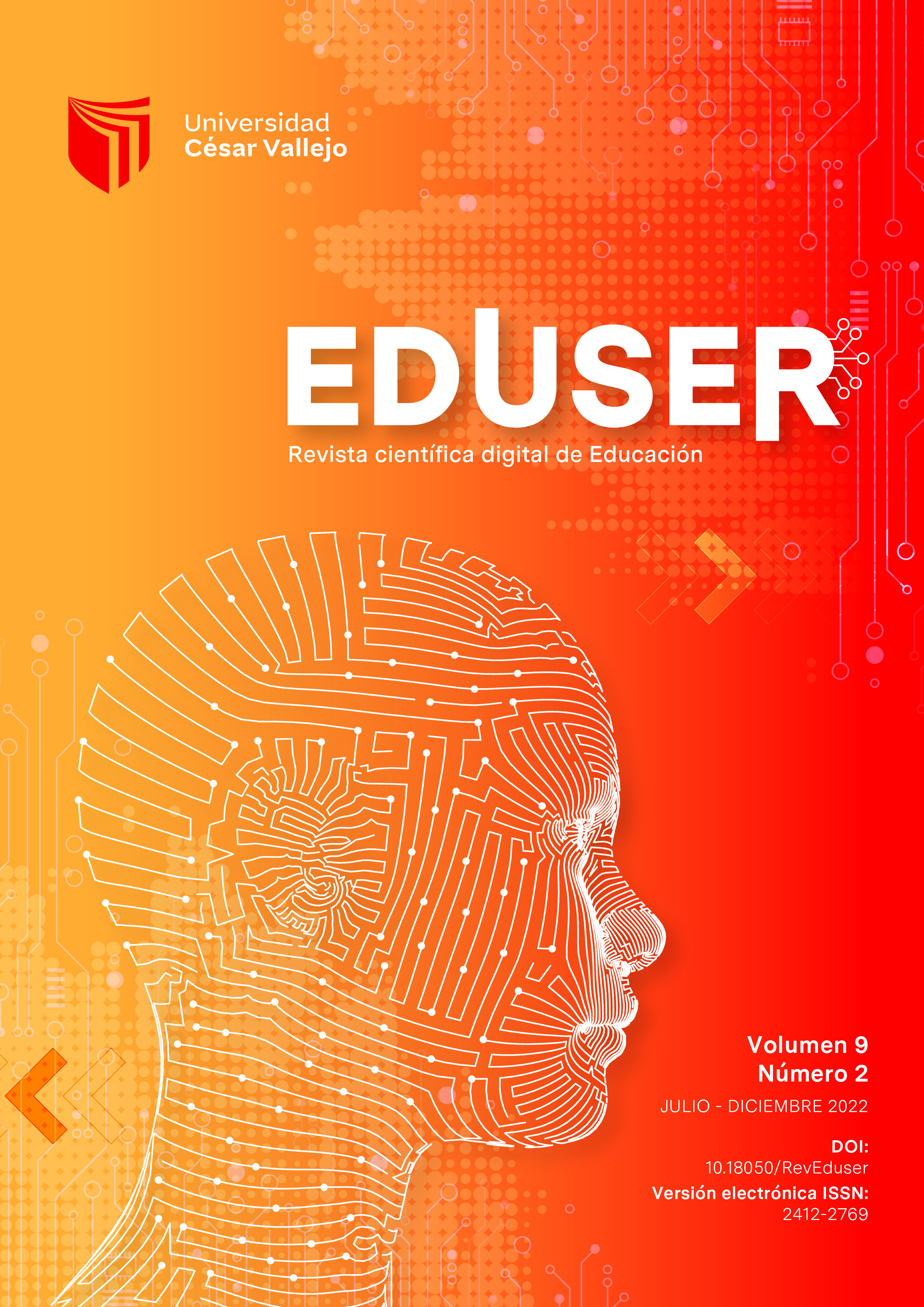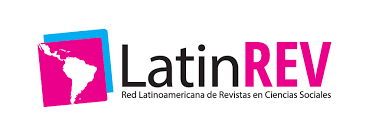Fernando Savater. Coexisting the challenge facing the educational institution today
DOI:
https://doi.org/10.18050/eduser.v9n2a6Keywords:
educational coexistence, universal values, educational institution, critical tolerance, human dignityAbstract
Claiming a dignified existence founded on reciprocal respect refers to a common principle that interweaves Savater's works, revealing his evident commitment to the regeneration of collective life with attachment to the common interest. His contributions make clear the commitment to the practice of a civic life, in which the human being reaches to develop personal virtues associated with honesty, active tolerance and overcoming individualism, as well as the adoption of inclusive attitudes in which equal and equitable treatment prevails as expressions of co-responsibility that seek to unite efforts of both hospitality and flexible reception of the differences and particularities that permeate the human race. This research, as a result of a documentary review, analyzes the contributions of Fernando Savater's works to the task of consolidating the global task that urges the educational institution to promote actions that superimpose dignifying coexistence within the framework of democracy, in which values such as empathetic understanding and fair and inclusive participation are erected as catalyzing elements of functional social bonds; This implies learning to coexist with the worldviews and multiplicity of belongings, assuming the vindication of the sense of uniqueness as well as the recognition of unity in diversity. In conclusion, living together in the educational institution depends on the establishment of common guidelines.
References
Huerta, C y Aguilera, J. (2010). El concepto de libertad en Fernando Savater: “Haz lo que quieras” (Aportes al pensamiento postmoderno”. Compás Empresarial, 2 (4), 65-71. http://www.revistasbolivianas.ciencia.bo/scielo.php?lng=en&pid=S2075-89522010000300013&script=sci_arttext
Saiz, J. (2006). Una premisa fundamental: ser para todos. Andamios, 3(6), 81-94. https://www.redalyc.org/pdf/628/62830604.pdf
Savater, F. (2000). Ética y ciudadanía: tolerancia y solidaridad. Editorial Ariel.
Savater, F. (2008a). El valor de educar. Editorial Ariel.
Savater, F. (2008b). La aventura de pensar. Random House Mondadori, S. A.
Savater, F. (2008c). Ética para amador. Editorial Ariel.
Savater, F. (2008d). Ética como amor propio. Editorial Ariel.
Savater, F. (2008e). Sobre vivir. Editorial Ariel.
Savater, F. (2008f). El jardín de las dudas. BackList.
Savater, F. (2008g). El gran laberinto. Ariel.
Savater, F. (2009). Hermandad de la buena suerte. Booket
Savater, F. (2010). Historia de la filosofía sin temor ni temblor. Espasa.
Savater, F. (2013). Historia de la filosofía sin temor y temblor. Espasa.
Savater, F. (2014a). Muchas felicidades. Tres visiones y más de la idea de felicidad. Editorial Ariel.
Savater, F. (2014b) ¡No te prives!. Editorial Ariel.
Savater, F. (2014c). Carne gobernada. De política, amor y deseo. Editorial Ariel.
Savater, F. (2015). El valor de elegir. Editorial Ariel
Savater, F. (2016). Pensar la vida. Editorial Ariel.
Savater, F. (2019). La peor parte. Memorias de amor. Editorial Ariel.
Savater, F. (2021a). Solo integral. Una vuelta de tuerca a las mejores ideas. Editorial Ariel.
Savater, F. (2021b). Política para amador. Editorial Ariel.
Soler, C. (2017). Sobre el pensamiento de Fernando Savater. Notas a propósito de su libro «El valor de elegir». Scripta Theologica, 37(1), 193-209. https://doi.org/10.15581/006.37.13613
Additional Files
Published
How to Cite
Issue
Section
License
Copyright (c) 2024 Jesús Alfredo Morales Carrero

This work is licensed under a Creative Commons Attribution 4.0 International License.













